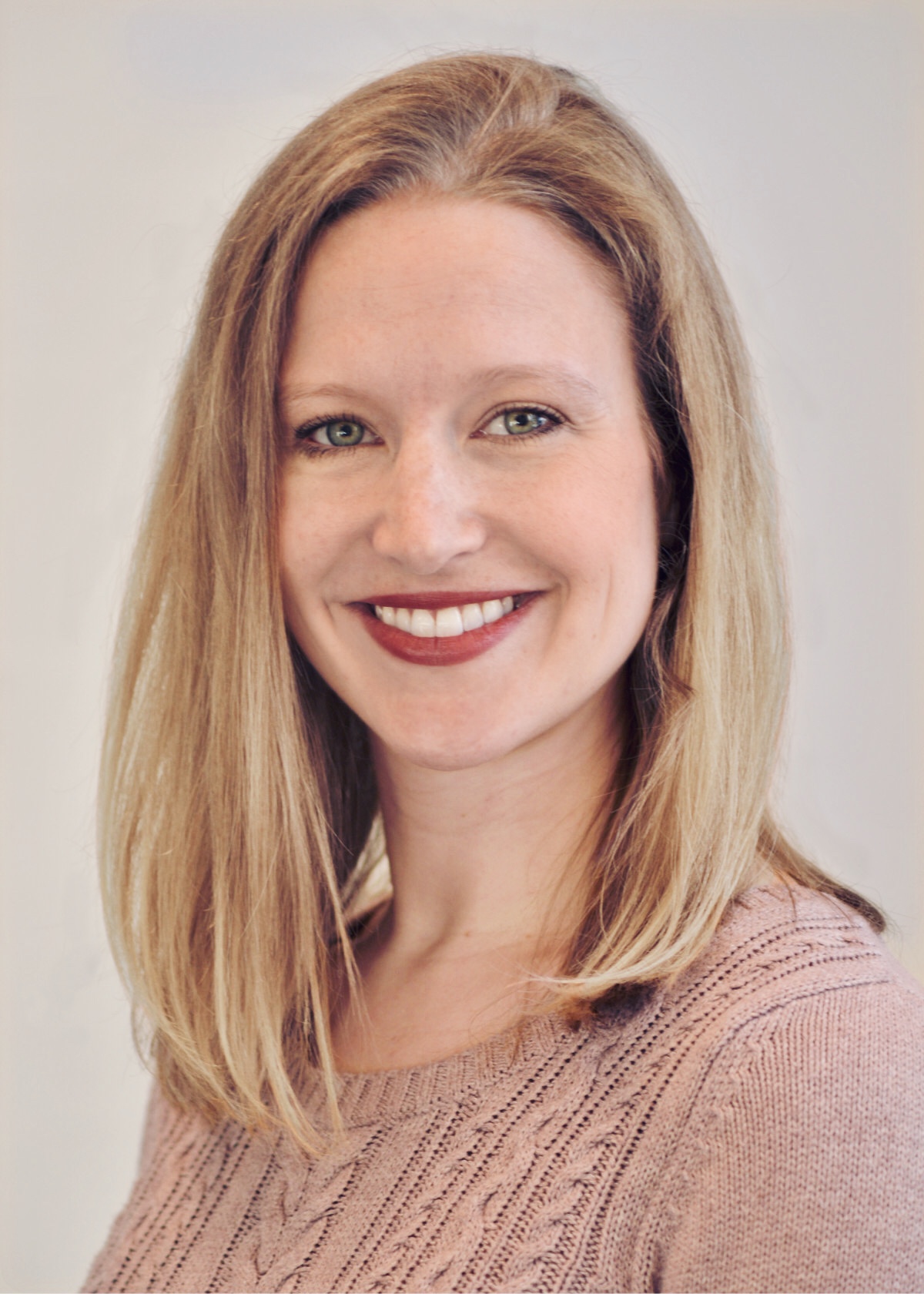Effective Interventions for Body Focused Repetitive Disorders
Speaker(s):
Carolyn Raynor-McClanahan, MSW, LCSW
Presentation: This presentation will define Body Focused Repetitive Disorders, and briefly describe each type (Dermatillomania, Trichotillomania, Onychophagia), citing the DSM-IV diagnoses criteria. The presenter will provide some statistical information as to the prevalence of the disorders and speak about her daughter’s ongoing battle with Trichotillomania. Treatments that were effective for her in managing the disorder, to include examples of Habit Reversal Training, will be presented. The presentation will also discuss the evidenced-based research findings that indicate a combination of SSRIs and CBT with a focus on habit reversal training. Lastly, she will discuss the lack of large scale studies and the effort The TLC Foundation for Body-Focused Repetitive Behaviors makes to educate and assist those who have the disorder and their families.
Objectives:
- Define and describe Body-Focused Repetitive Disorder (BFRD)
- Identify and describe the two prevalent types of Body-Focused Repetitive Disorders
- Describe effective treatment modalities for Body-Focused Repetitive Disorders with specific focus on Habit Reversal Training
- Identify community resources that specialize in treatment and support of Body –Focused Repetitive Disorders


